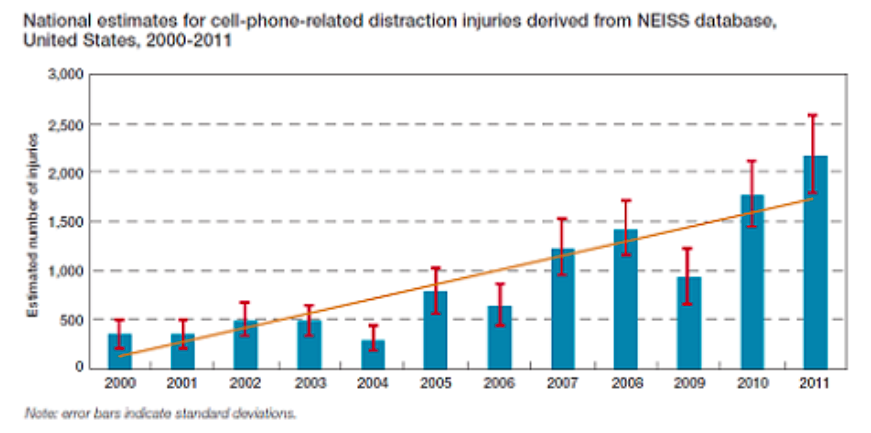We consider that men have a natural right to their property and their life, as it was given by God to the first men upon earth and his descendants. It stands to reason that a man who obtains property through just means and maintains that property with a sound mind should have absolute authority over what belongs to him. Then, even weapons bought through the labor of a man should belong to him and the right to which not be infringed upon. This is a private right: if such a person is of sound mind and acting in self-perseverance, then should that weapon be discharged at another who would threaten life or property, the owner of said life or property was well within his rights to take that life. The question I ask is whether that same man has the right to take the weapon into public. If the man cannot enact revenge for the loss of property to another citizen, why should he need to take the gun outside his home? If it is the charge of the government to punish those who break the law, why should the man need the gun to kill a criminal after the act was committed?
Within here lies the distinction: a man has the right to self-defense in the case that his life, property, or liberties are being immediately threatened, but what of that of the strangers around him? If his government has been tasked with keeping the peace and enacting consequences in a way that single citizens cannot, then it should be said that the man has no right to kill a criminal on his own. This doesn’t necessarily mean that the man shouldn’t have the right to his weapons, but what of the liberties of that man’s fellow citizens? Could it be said that each person has a right to their sense of safety? If the threat to safety is great enough that people cannot reasonably choose to participate in their civil and public liberties, then the presence of that property does thus infringe on the liberties of others.
Each man also has his inherent right to life, also given to him by God. Should that man do nothing wrong in the eyes of both his natural rights and the rights he consented to within his government, the unnatural death of that man would be a grave misfortune; one that should result in outrage. If one man’s right to property infringes upon another’s right to life, then we must consider which is the worst charge. This makes open carry a public issue.
This is particularly true in cases where civil protests become violent at the hands of counter-protestors or other citizens, which has happened in recent history. Such situations are particularly inappropriate as people cannot express opinions in civil discourse without the threat to their life—a most grievous offense if the government remains on the side of those who would use the right to their weapons to silence those who would oppose such rights for their own safety. To let one man carry a weapon in public to ensure his right to property is a violation of other people’s rights if their right to life cannot be reasonably secured, especially during civil discourse.

 1
1